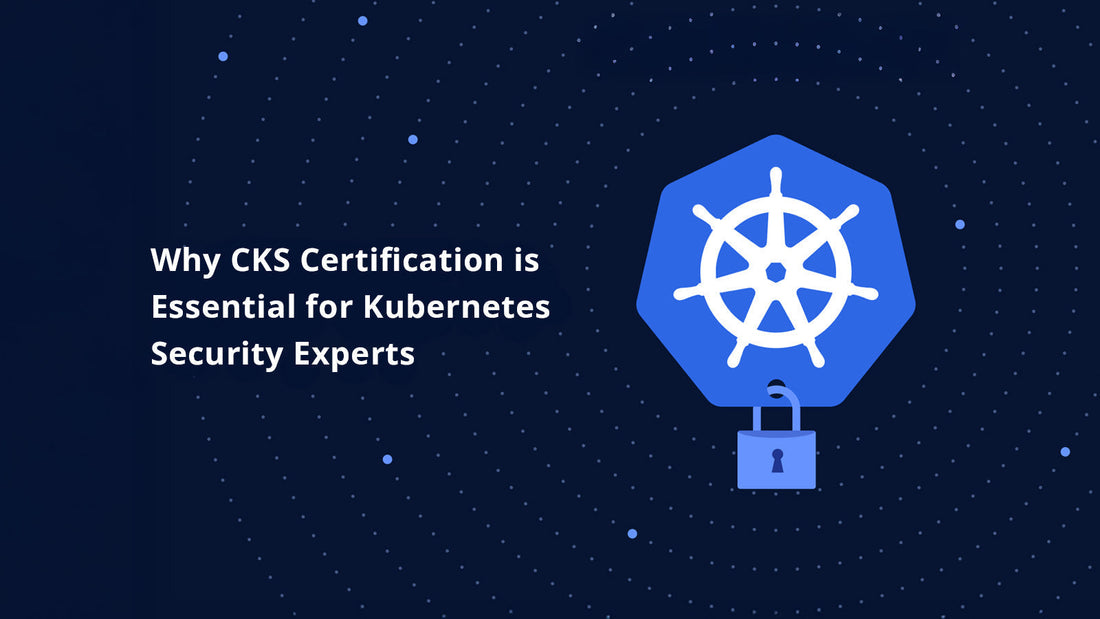
Certified Kubernetes Security Specialist (CKS): Enhancing Your Cloud-Native Security Expertise
With the widespread adoption of cloud-native technologies, Kubernetes has become the backbone for deploying, managing, and scaling containerized applications. However, as more organizations migrate to Kubernetes, ensuring the security of their clusters and workloads has become a critical priority. That’s where the Certified Kubernetes Security Specialist (CKS) certification comes into play.
What is the Certified Kubernetes Security Specialist (CKS)?
The Certified Kubernetes Security Specialist (CKS) is a performance-based certification designed to validate your expertise in securing container-based applications and Kubernetes platforms during build, deployment, and runtime. Offered by the Cloud Native Computing Foundation (CNCF) in collaboration with the Linux Foundation, this certification is ideal for professionals aiming to demonstrate advanced knowledge of Kubernetes security concepts.
Who Should Pursue CKS?
This certification is best suited for:
✅ Cloud-native security professionals
✅ DevOps and SRE engineers focused on Kubernetes deployments
✅ Application developers working in container environments
✅ IT professionals tasked with securing infrastructure and workloads
Prerequisite:
You must hold the Certified Kubernetes Administrator (CKA) certification before attempting the CKS exam, as it builds on core Kubernetes concepts.
What Does the CKS Exam Cover?
The CKS exam focuses on the following domains:
1. Cluster Setup
- Secure Kubernetes API server configurations
- Access control using RBAC, network policies, and service accounts
2. Cluster Hardening
- Applying security benchmarks such as CIS Kubernetes
- Minimizing attack surfaces and securing node configurations
3. System Hardening
- Secure container runtimes and host operating systems
- Implementing security contexts, capabilities, and resource limits
4. Minimize Microservice Vulnerabilities
- Protecting workloads using network policies and Pod Security Standards
- Managing secrets, TLS configurations, and image security scanning
5. Monitoring, Logging & Runtime Security
- Detecting and responding to security threats using logging and monitoring tools
- Implementing audit logging and anomaly detection
Why is CKS Important?
🔒 Security First: Kubernetes deployments are often complex, and misconfigurations can lead to critical vulnerabilities. CKS equips professionals with hands-on knowledge to implement security best practices.
📊 Industry Recognition: As organizations adopt Kubernetes at scale, having a specialized certification like CKS differentiates you from your peers and proves your competency.
📈 Career Growth: With security being a top priority, companies are actively seeking experts in Kubernetes security, making this certification a valuable asset for career advancement.
🛠 Hands-on Learning: The exam is performance-based, requiring candidates to work through real-world scenarios rather than just theoretical questions, ensuring practical proficiency.
How to Prepare for the CKS Exam?
- Gain strong experience with Kubernetes deployments and security tools
- Complete courses focused on Kubernetes security
- Practice using tools like kube-bench, Falco, Prometheus, and Calico
- Review security benchmarks like CIS and follow Kubernetes hardening guides
- Take mock exams and hands-on labs to build confidence
Conclusion
The Certified Kubernetes Security Specialist (CKS) certification is a must-have for professionals serious about securing their cloud-native applications. As cyber threats evolve, mastering Kubernetes security principles and tools helps you safeguard your organization's infrastructure, enhance compliance, and ensure resilient deployments.
Ready to take the next step in your cloud security career? Start your CKS journey today and become a trusted expert in Kubernetes security!
